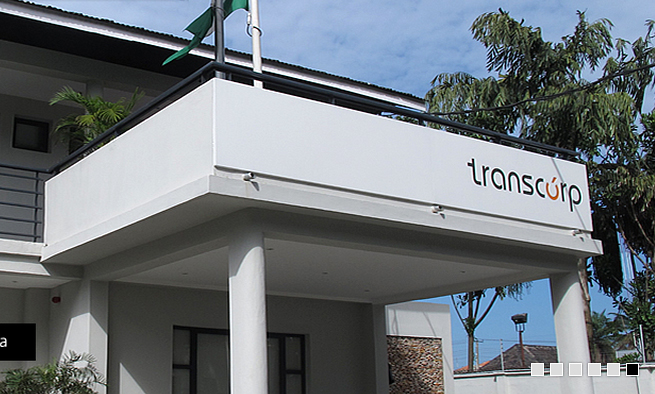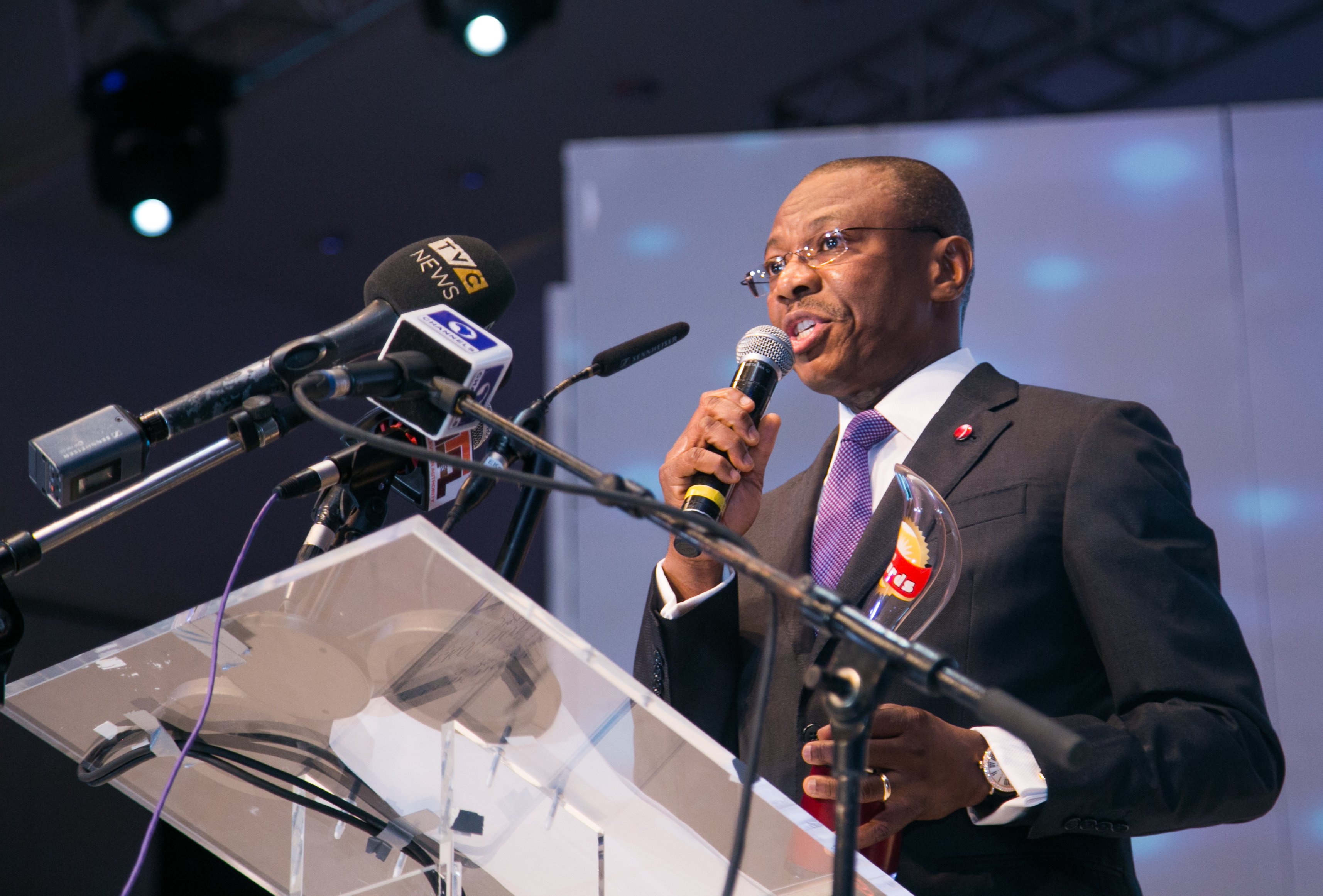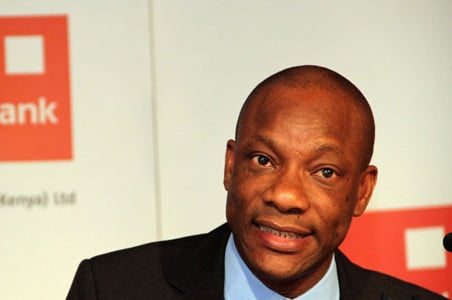Unity Bank reported a drop of over 73% in net profit in the first quarter, giving a strong indication that the bank could suffer another profit fall in the current year. The bank had lost more than 56% of net profit in 2015 and another sharp fall looks very likely this year based on the first quarter dismal reading. The bank has shown a sharp rise and fall pattern in the bottom line over the past five years and the current year could change the beat to one of fall and fall.
Since the post financial crisis operations, the 2014 financial year was the bank’s best year in terms of progress towards recovery. In that year, gross earnings climbed above the 2010 figure for the first time and the bank moved out of a deep red to attain the biggest profit mark in four years. Last year, the bank lost the revenue growth momentum and consequently fell from the 2014 performance height. A further fall in the current year may see one of the worst earnings records in the bank’s post consolidated trading.
The operating difficulty for the bank this year stems from a further loss of revenue growth momentum, which has the potential of lowering gross income to the 2012 level. The bank closed first quarter operations with gross earnings of N12.40 billion, which is a drop of 25% year-on-year. Full year outlook indicates gross income in the region of N54 billion for Unity Bank in 2016. That would be a drop of over 31% from the revenue figure of N78.80 billion the bank reported at the end of 2015.
Revenue weakness this year is coming from interest income, which fell by 31.8% year-on-year to N7.97 billion at the end of March. The bank’s net loans and advances to customers are only marginally up on the December closing at N247.74 billion at the end of March. A huge loan loss expense of N27.12 billion in 2015 has expectedly affected the interest yield from the portfolio.
Advertisement
A far more drastic fall happened in respect of the second largest income line: fees and commissions. Fee and commission income fell by 82% year-on-year at the end of the first quarter to N448 million. However windfalls from net trading income and other income largely countered the drops in the main income lines. Net trading income multiplied from less than N28 million in the first quarter of last year to N730 million at the end of the first quarter of this year. Other income also advanced by 137% to N3.23 billion over the same period.
After tax profit amounted to N972 million at the end of the first quarter, which is a drop of 73.2% year-on-year. Net profit is expected to stand in the region of N3.1 billion for Unity Bank at the end of 2016. Loan loss expenses are likely to grow significantly in the course of the year, as happened in the preceding year, which could affect the profit expectation for the year.
At N76 million at the end of the first quarter, loan loss expense isn’t a problem for now. The prospects for a strong growth in the course of the year however make it a big threat to the bank’s bottom line position. Of the N27.12 billion impairment charge at the end of last year, only N293 million was recorded in the first quarter. The full year profit projection is therefore subject to the high prospects for rising credit losses in the current year, which could erode profit margin.
Advertisement
Two other main cost lines – interest expenses and operating cost are under check as at the end of the first quarter. At N4.38 billion at the end of the first quarter, interest expenses are flat over the same period last year. However, with the large drop in interest income, interest expenses claimed an increased share of earnings and net interest income dropped by more than one-half over the review period.
Operating expenses declined by 10% year-on-year to N6.88 billion at the end of the first quarter. However with the decline in gross earnings, operating cost margin has risen from 46.3% in the same quarter last year to 55.5% at the end of the first quarter – one of the highest cost ratios in the banking sector.
The net effect of the drop in revenue and the rise in cost margins is the corresponding drop in profit margin. Net profit margin has dropped from 22% in the first quarter of last year to 7.8% at the end of the first quarter of the current year – one of the lowest profit margins in the banking sector. Costs are not that excessive but only relative to revenue. The bank therefore needs to reinforce revenue growth in order to rev up profit margin and strengthen profit capacity.
The bank earned 8 kobo per share at the end of the first quarter, down from 31 kobo in the same period last year. It earned 40 kobo at the end of 2015, which could drop to 26 kobo at the end of this year. Dividend isn’t yet expected with a retained deficit of over N116 billion still standing as a huge mountain on the way of the bank’s long recovery journey.
Advertisement
Add a comment







